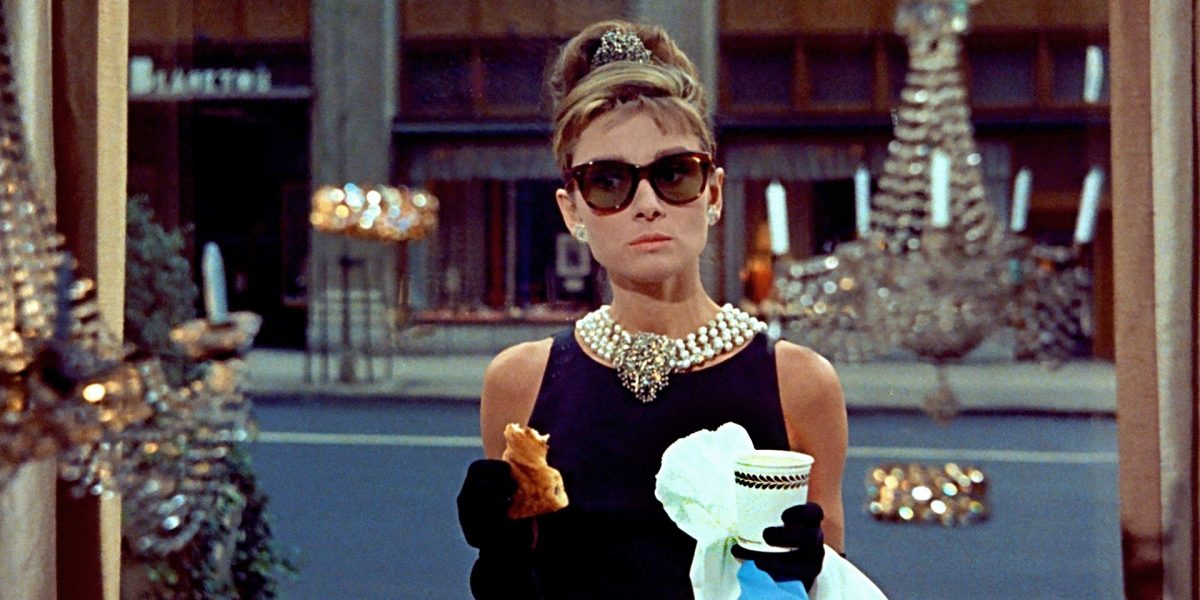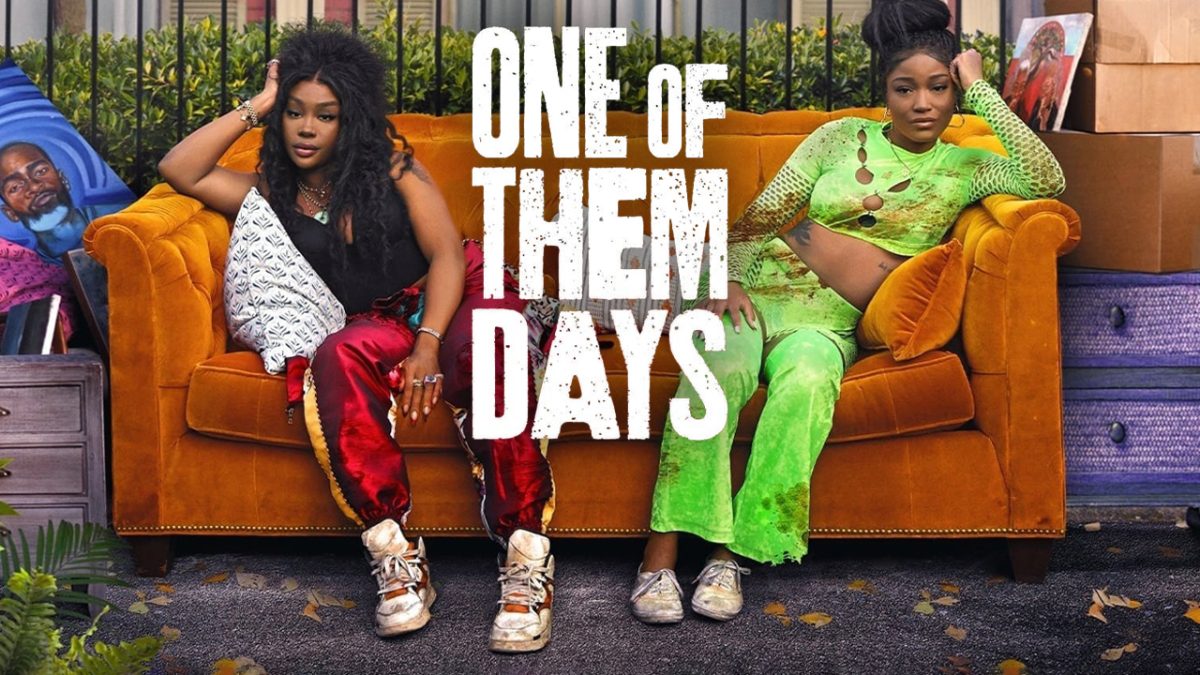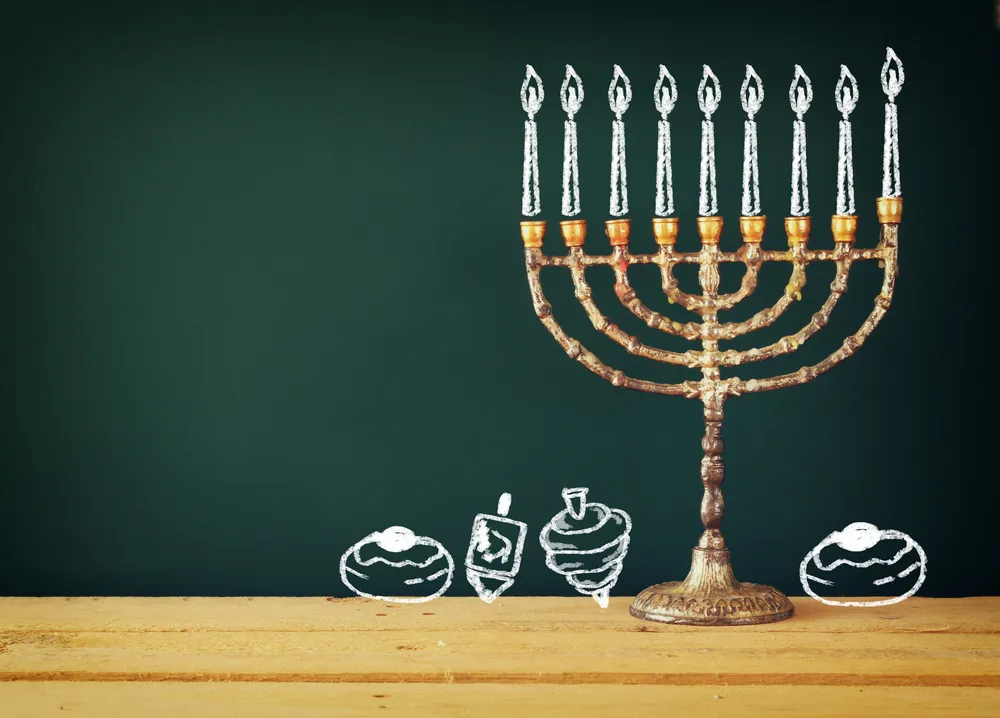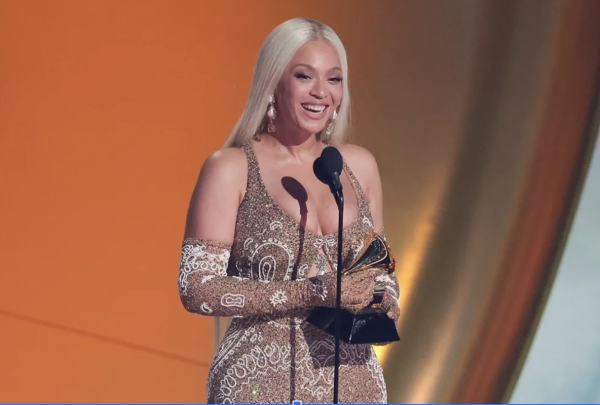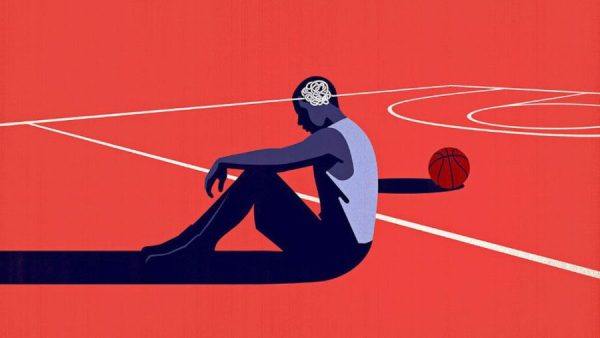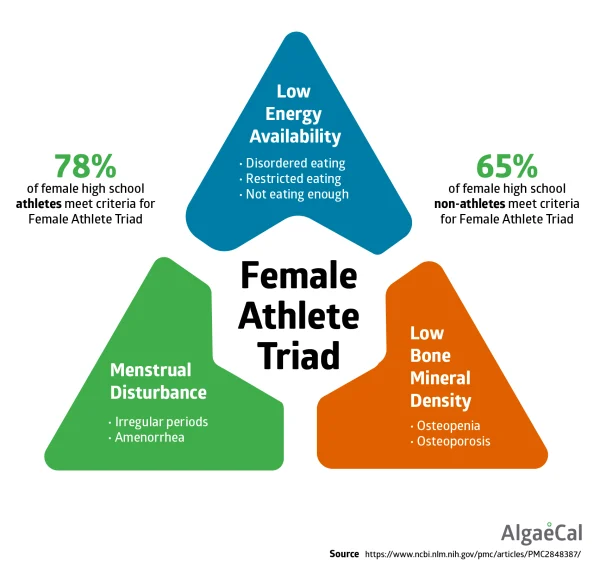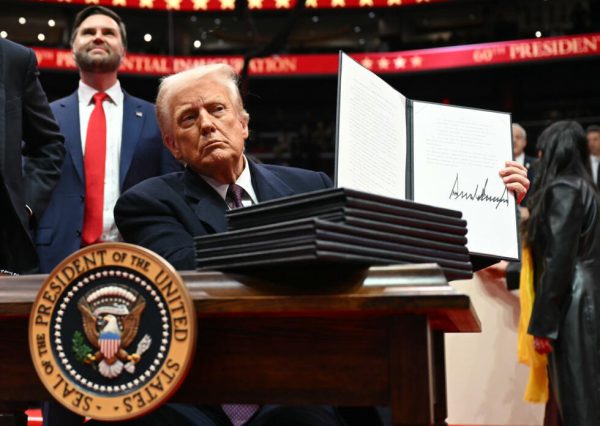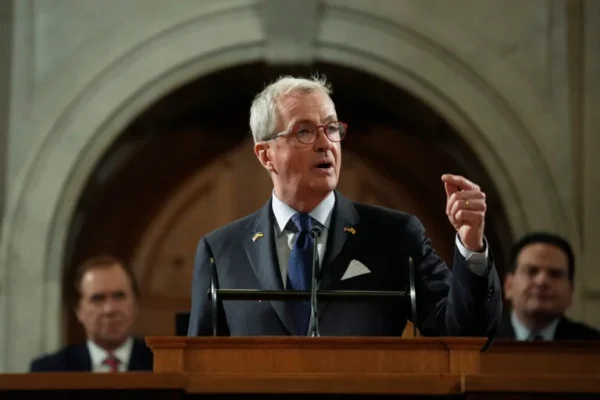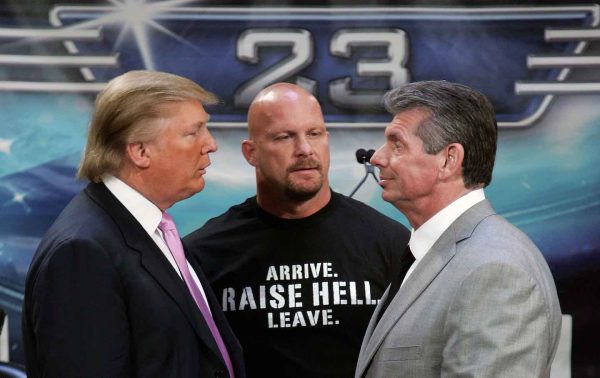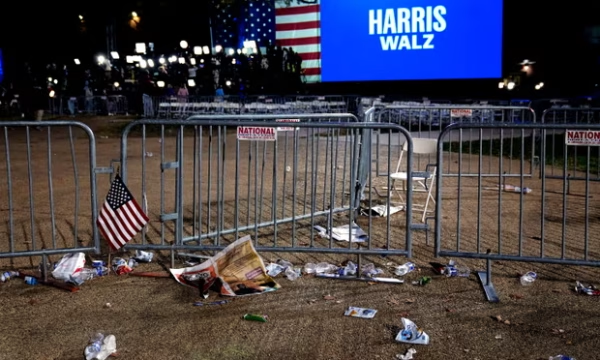Why Voter Turnout Might Be Different this Year
President Trump, who failed many of his campaign promises such as a “great great wall”, is quickly losing supporters. As for Biden, many people are “settling” to vote for him, and his support isn’t coming from genuine, Obama 2008-esque love but moreso an anti-Trump, anti xenophobic, and anti-racist mindset.
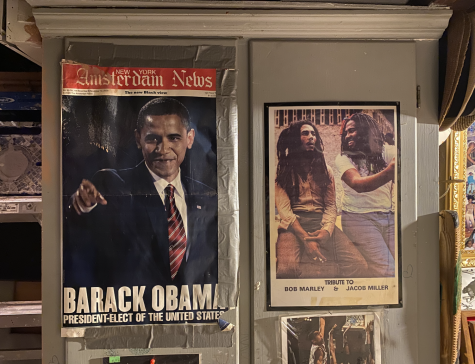
On a basement cabinet full of old paint and supplies lies a newspaper clipping of Barack Obama when he became the President Elect of the United States. Across from it sits a photoshopped photograph of American icons: President JFK and Martin Luther King with President Barack Obama sandwiched between them. Both serve as tokens of respect for the American democracy that my father has come to support as a Guyanese immigrant.
When President Barack Obama won the 2008 presidential election, a lot of firsts came into fruition. For my immigrant father who, 13 years prior, became a United States citizen, it was the first and only time that he ever voted in an American election.
It was also the first time since the last election that young voters aged 18 to 24 increased in voter turnout by 49%.
Obama’s call for change following how President George Bush II handled the economic crisis in his 8 years of presidency is what motivated some people to vote. For others, simply seeing a man on a ballot who they could see themselves in immediately grabbed their attention and support.
This year, however, the tides have quickly changed.
You won’t exactly see people taping up newspaper clippings of Biden or buying family portraits of the presidential family to have in their homes this election, like how my father did in 2008.
President Trump, who failed many of his campaign promises such as a “great great wall”, is quickly losing supporters. As for Biden, many people are “settling” to vote for him, and his support isn’t coming from genuine, Obama 2008-esque love but moreso an anti-Trump, anti xenophobic, and anti-racist mindset.
Granted, the 2020 election is nothing close to the 2008 election. Over the 8 years that Obama was president, we watched his family grow older, his hair turn grey and stress lines form on his face. We took for granted a president with a large vocabulary and ability to talk in full sentences.
This year, however, the mockery surrounding Trump’s presidency falls nothing short of what 2020 has turned out to be. To quote CNN reporter Jake Tapper after the first presidential debate, this 2020 election has been a “hot mess inside a dumpster fire inside a train wreck”.
The American people have witnessed President Trump attack democracy. We’ve witnessed him throw Twitter finger tantrums, dismiss the COVID-19 pandemic, global warming, and fail to condemn white supremacy.
The pressure to vote has never been higher than in the age of Trump and what could be his re-election in November.
When asked why he did not vote after Obama’s election in 2008, my father explained that he stopped voting because politicians stopped carrying out their campaign promises. This year however, he felt obligated to vote because it is “one of the most important elections [America] has ever had”
As the nation considers what greater damage could occur with Trump in office for another 4 years, Gen Zers are encouraging everyone to register and vote for the upcoming election.
Despite this pressure, according to recent surveys, almost half of all United States citizens who are eligible to vote do not report to their polling stations to cast their ballots. But why?
1. The Candidates
For one thing, many people are simply not drawn toward either of the presidential candidates. Some argue that for Black Americans, they’ll gain nothing from either of the candidates considering that Biden is against defunding the police and his running mate is responsible for furthering mass incarceration of Black men.
Many people are choosing not to as a provocant political statement – not only to show how broken the democratic system in America is, but also to encourage the creation of a new political system. But such a task cannot be done in one election, especially when America’s democracy has always been influenced by voter suppression.
2. Voter Suppression
Although it might not seem apparent, President Trump’s attack on mail in voting falls nothing short of voter suppression. The Trump Administration’s agenda to suppress votes of marginalized groups in this upcoming election is favorably reminiscent of the Reconstruction era when politicians tried to suppress the voting rights of newly freed slaves. The same could be said of the literacy tests that registered black voters often encountered at voting booths up until the passage of the Voting Rights Act of 1965.
Afterall, voter suppression is a timeless, true American gem of democracy which works to silence the voices of minority voters.
In the combustive Presidential Debate in September, Trump expressed his fears that mail in voting will cause “election interference by foreign countries”. Choosing to vote by mail rather than by booths, Trump said, will result in utter “mayhem”.
Trump’s adamant rejection of mail voting enables him to misuse his power to debate against democracy and silence the votes of American people.
In other words, Trump’s issue with mail in voting is just one example of how democracy is a broken system, one that has always been flawed and one that Trump repeatedly challenges in his presidency.
So it doesn’t come as a surprise that rather than voting, and therefore accepting the flaws of American democracy, some people have opted not to vote at all.
When considering other factors such as a lack of rights — it’s easier to understand why people outright can’t vote in this upcoming election. Not to mention that the requirements to be an eligible voter singles out incarcerated, mentally unstable, and undocumented people from contributing to the election.
Bottom Line
All things considered, a loss of faith in American democracy, especially in this election where the nation must choose between the lesser of two evils, is justifiable.
Democracy, however, cannot be dismantled and replaced with a new system in just one election, although that is the hope of a quickly growing crowd.
In theory, choosing not to vote can be a political statement to emphasize how broken the system is. But the truth of the matter is that the rest of the country isn’t ready yet for radical change in democracy, especially considering the fact that general election voter turnout is still heavily influenced by racist ideas like voter suppression formed decades ago by power hungry politicians.














































